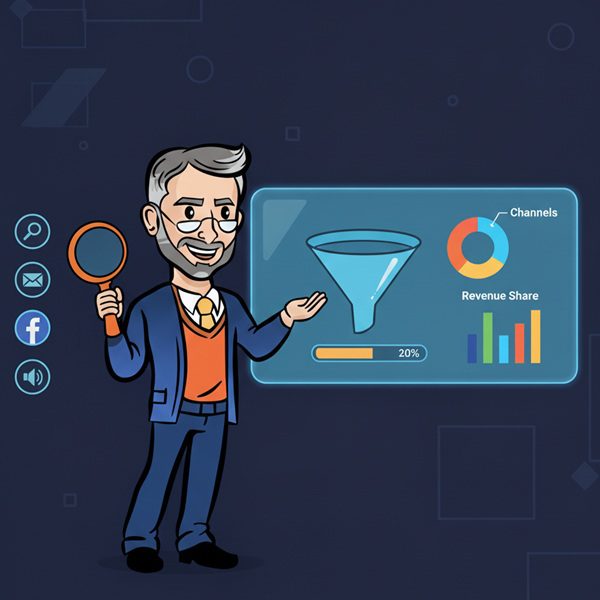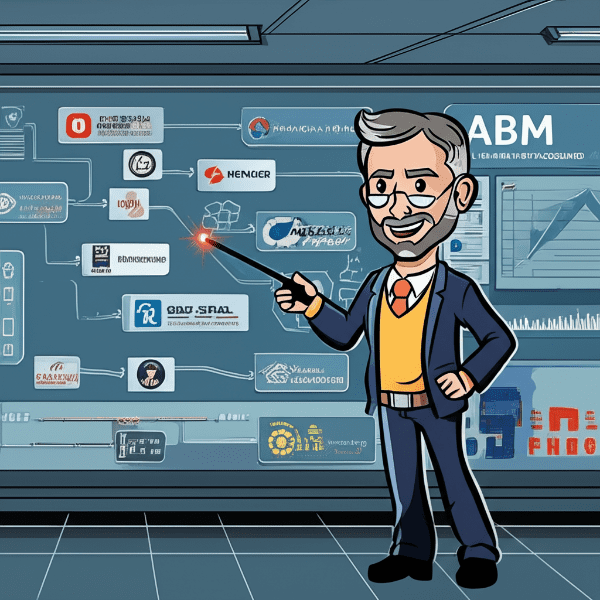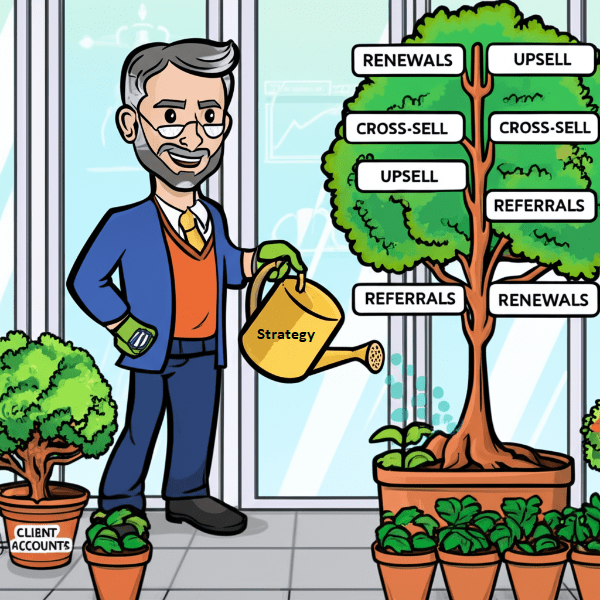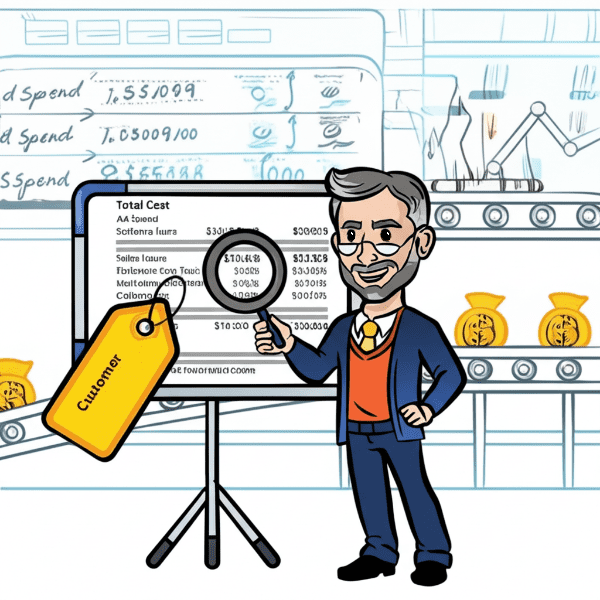What is an API (Application Programming Interface)?
Definition: An API is a set of rules and tools that allows different software applications to communicate with each other. It acts as a bridge between different programs, allowing them to exchange data and perform tasks. API (Application Programming Interface) allows applications to access features or data from other services, making integration and interaction easier. They are needed for modern software development, helping to create more powerful and versatile apps.
Example in a Sentence: By using an API (Application Programming Interface) to connect their payment system, the company streamlined checkout, making the process faster and more reliable.
Why is an API Important?
1. Simplifies Software Development
APIs allow developers to use pre-built functions, saving time and effort. They don’t have to start from scratch, making development faster.
2. Improves Integration
APIs allow different systems to work together easily. For example, an app can integrate easily with a social media platform or a payment gateway.
3. Improves User Experience
APIs improve user experience by providing access to various services or data. Apps can load content faster and provide more features without issues.
4. Growth and Adaptability
APIs help software expand and evolve. As needs change, you can add features or include new services without starting from scratch.
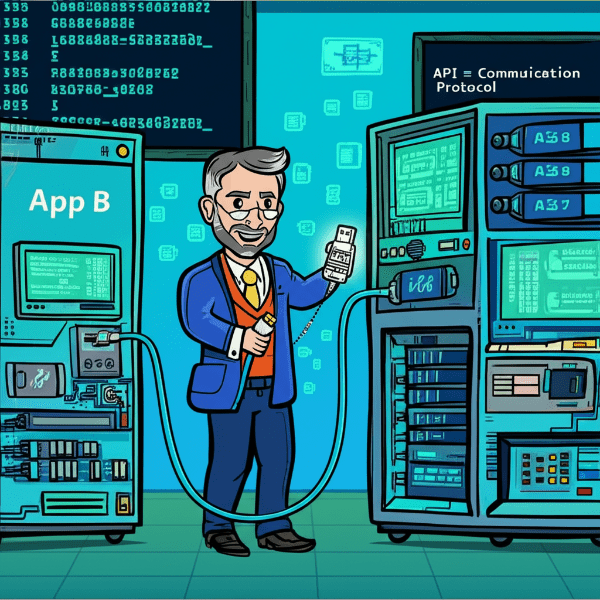
Achieve Better Software with APIs
APIs help build more powerful and connected applications. By allowing different programs to talk to each other, they create new possibilities and make things easier for developers and users alike. APIs are a cornerstone of modern software development, offering flexibility, efficiency, and adaptability.
More Definitions: Data Integration Strategy Definition, API Definition and AdTech Definition
Useful Posts: Top of Funnel in Focus: Unlock the Power of SEO and What to Look for in a SaaS Fractional CMO


